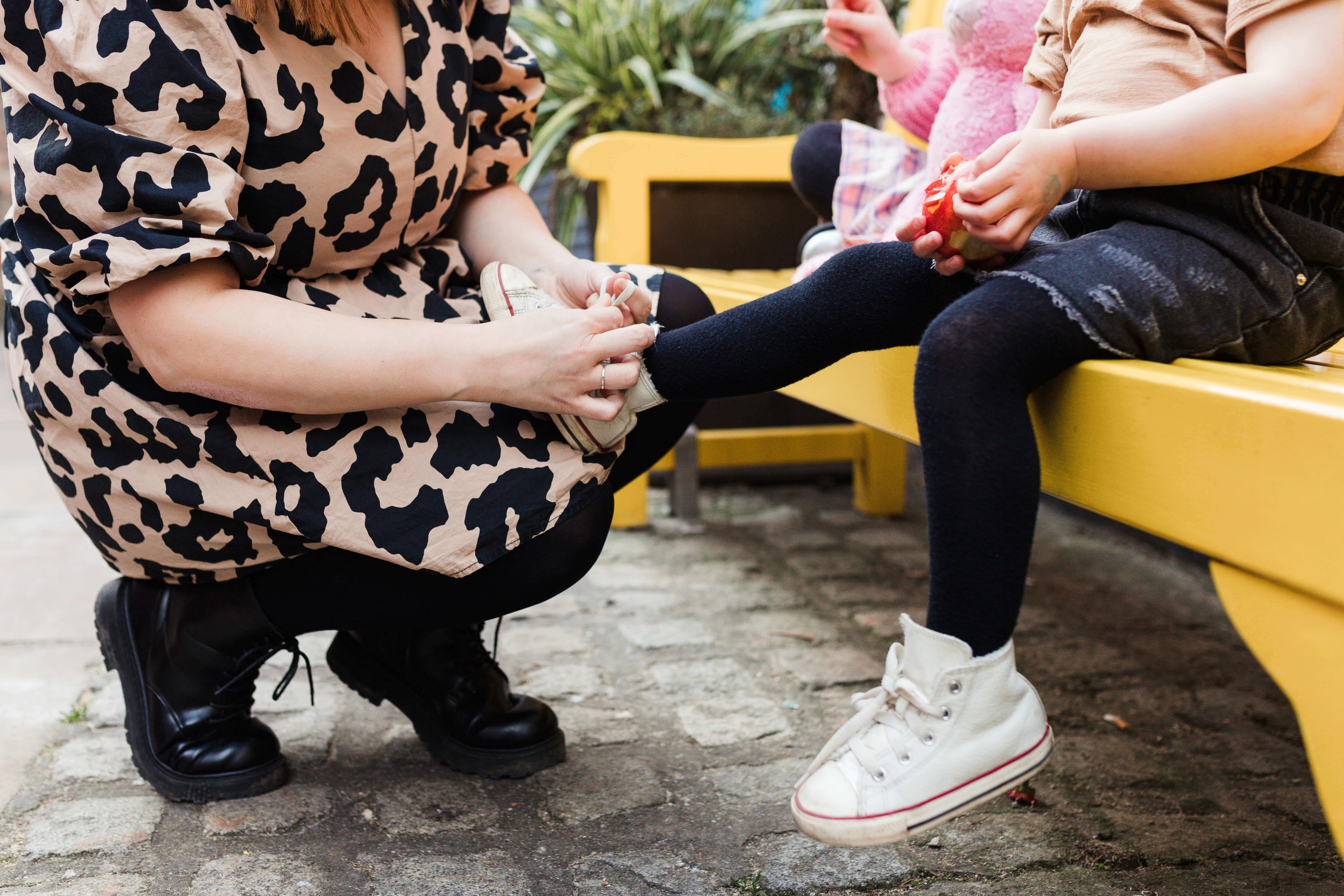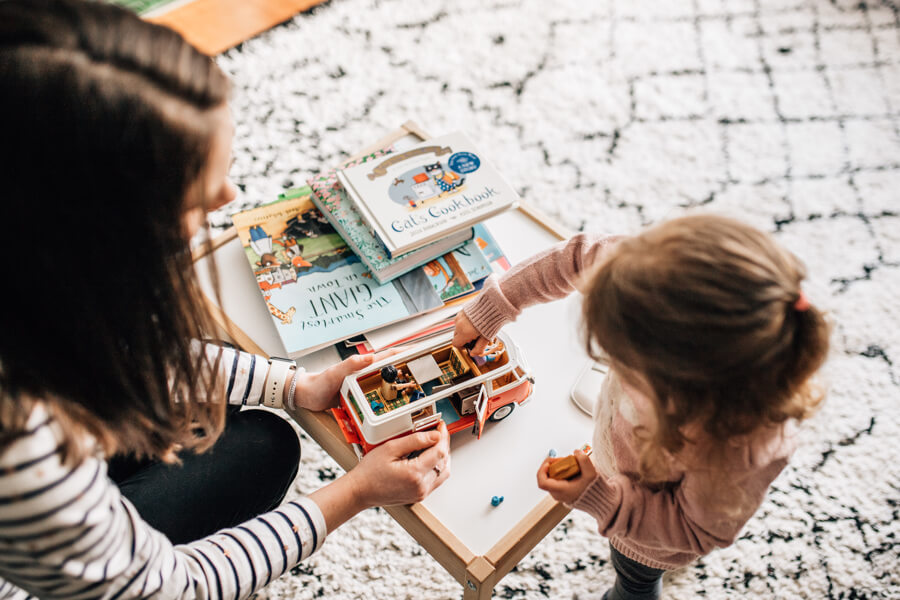Types of foster care
Our foster carers
Foster carers are people approved by the fostering service to care for children up to the age of 18 years and beyond in their own home.
The length of time that children can stay with foster carers will vary from child to child. Foster carers provide a stable family environment to a child. They will meet all of their needs and help them to reach their potential.
We are proud to be an Ofsted rated good service and will always do what we can to support our foster carers, new and current.
We have also adopted the Mockingbird model and are currently trialling it with our first constellation, which should improve support and creating connections for both foster carers and looked after children even more.

Types of foster care in Darlington
There are many types of foster care. As part of your fostering assessment, you will explore what type of fostering is best suited to your skills and experience.
Short term
This is when a foster family cares for a child due to difficulties or illnesses in the family. This varies from an overnight stay, a few weeks or few months.
Long term
Sometimes a child may need to live with a foster family for a longer period of time because they cannot be cared for within their own family.
Foster carers can help by offering a child the chance to grow up in a safe and supportive environment. Where possible there may be opportunity to keep in touch with their family.
Respite foster care
This is where foster carers provide short placements to support other foster carers, for example if they need to have a holiday to “re-charge their batteries”.
Some foster carers prefer to offer a respite care if they are not available all of the time to provide full time placements.
Others provide a respite placement alongside other types of fostering.
Parent and child placement
This is where a parent or parents with a young child all live together in a foster placement.
The foster carer supports the parent to develop the skills they need to care for their child.
The parent would move on when it is deemed they are ready to care for their child independently.
Supported Lodgings
Supported Lodgings providers offer the next step to independence for young people aged 16 – 21 years who are leaving care.
You can find out more about becoming a Supported Lodgings provider on our Supported Lodgings page.
Contact for the child with their family
When children and young people are being cared for in a foster family, contact with their parents and siblings, if agreed, is important.
Foster carers may be involved in transporting the child to see the parents or wider family, and will support the child to manage contact.

